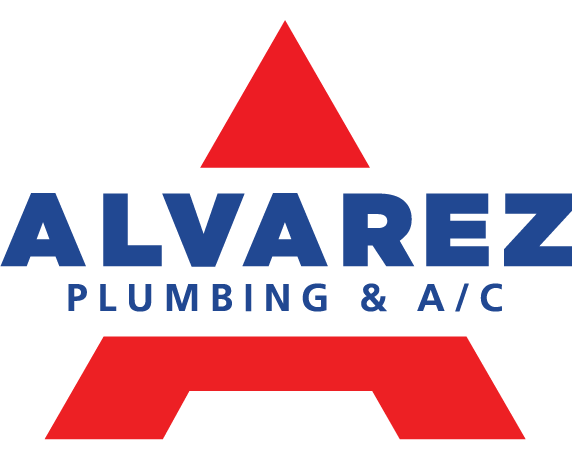The Main Types of Residential AC Systems: A Comprehensive Guide
Florida’s subtropical climate, characterized by hot, humid summers and mild winters, necessitates the use of efficient air conditioning systems for residential spaces. The market offers a plethora of options, each with its own set of advantages and disadvantages. This blog post aims to elucidate the main types of residential AC systems commonly sold in Florida, such as heat pumps, split systems, and mini-splits, among others, to help consumers make an informed decision.
Central Air Conditioning Systems
Split Systems
The split system is the most traditional form of central air conditioning and is widely used in Florida residences. It comprises two main components: an outdoor unit housing the compressor and condenser, and an indoor unit containing the evaporator coil and air handler. These units are connected by refrigerant lines. The system works by drawing warm air from the interior, cooling it via the evaporator coil, and then redistributing the cooled air through ductwork.
Advantages:
- Efficient for cooling large spaces
- Can be integrated with a furnace for year-round climate control
- Offers zoning capabilities for different areas of the home
Disadvantages:
- Requires extensive ductwork, which can be costly and invasive to install
- Potential for uneven cooling if ductwork is not well-designed
Heat Pumps
Heat pumps are increasingly popular in Florida due to their energy efficiency and dual functionality. Unlike traditional air conditioners, which only cool spaces, heat pumps can both cool and heat a home. They operate by transferring heat from one area to another, depending on the season. In the summer, they extract heat from indoors and release it outside; in the winter, the process is reversed.
Advantages:
- Energy-efficient, leading to lower utility bills
- Dual functionality (cooling and heating)
- Environmentally friendly
Disadvantages:
- May require a supplementary heat source in extremely cold conditions
- Initial cost can be higher than other systems
Ductless Systems
Mini-Splits
Mini-split systems are ideal for homes without existing ductwork or for supplementing central systems in specific rooms. Each system consists of an outdoor compressor and one or more indoor air-handling units connected by a conduit. Mini-splits are controlled individually, allowing for targeted cooling and heating.
Advantages:
- Easy installation without the need for ductwork
- High energy efficiency
- Individualized temperature control for different rooms
Disadvantages:
- Higher upfront cost per unit
- May not be ideal for cooling large, open spaces
Specialized Systems
Geothermal Systems
Geothermal systems leverage the stable temperature of the Earth to provide both cooling and heating. A series of underground pipes circulate water or refrigerant, which absorbs heat from the ground in the winter and disperses heat into the ground in the summer.
Advantages:
- Extremely energy-efficient
- Low operating costs over the long term
- Environmentally friendly
Disadvantages:
- High initial installation cost
- Requires significant yard space for the ground loop
Portable and Window Units
Though less common for primary cooling in Florida homes, portable and window units offer a quick and less expensive solution for supplemental cooling in specific areas.
Advantages:
- Low initial cost
- Easy to install and move
Disadvantages:
- Limited cooling capacity
- Less energy-efficient
Conclusion
The choice of a residential AC system in Florida is contingent upon various factors, including the size of the space, existing infrastructure, and specific cooling needs. While central systems like split systems and heat pumps are effective for larger homes with existing ductwork, ductless options like mini-splits offer flexibility and efficiency for smaller spaces or targeted cooling. Specialized systems like geothermal units provide long-term benefits but come with higher initial costs. Understanding the advantages and disadvantages of each system will enable homeowners to make an informed decision that aligns with their comfort needs and budget constraints.



Recent Comments